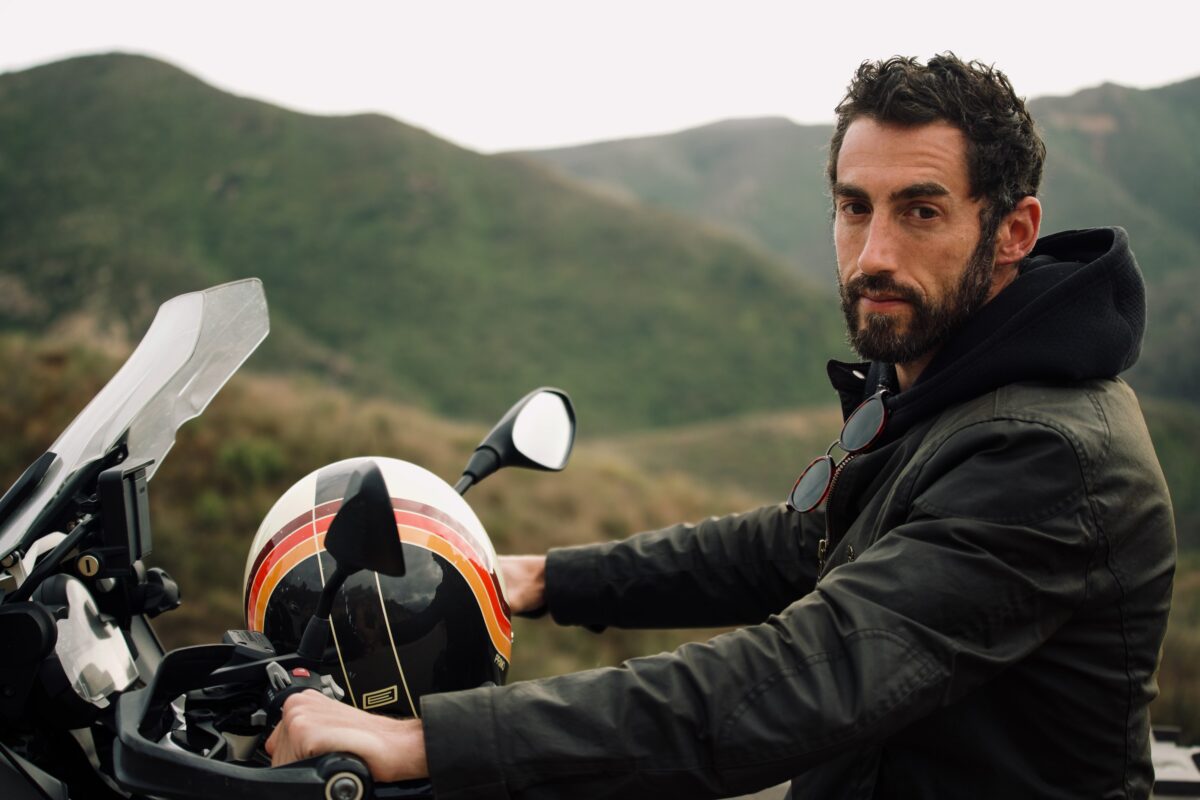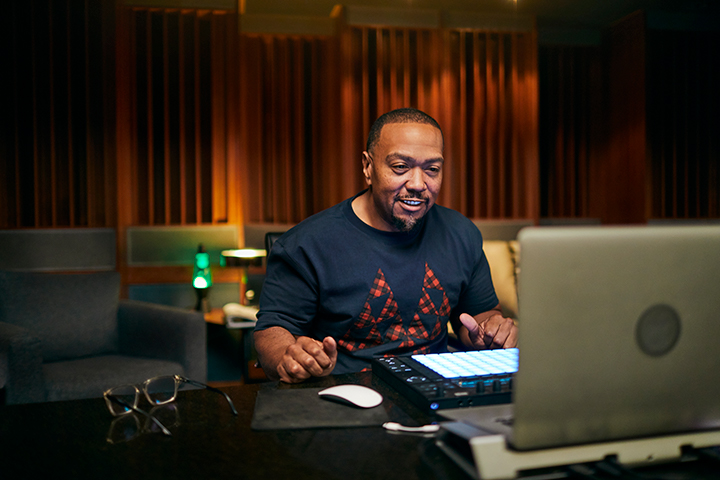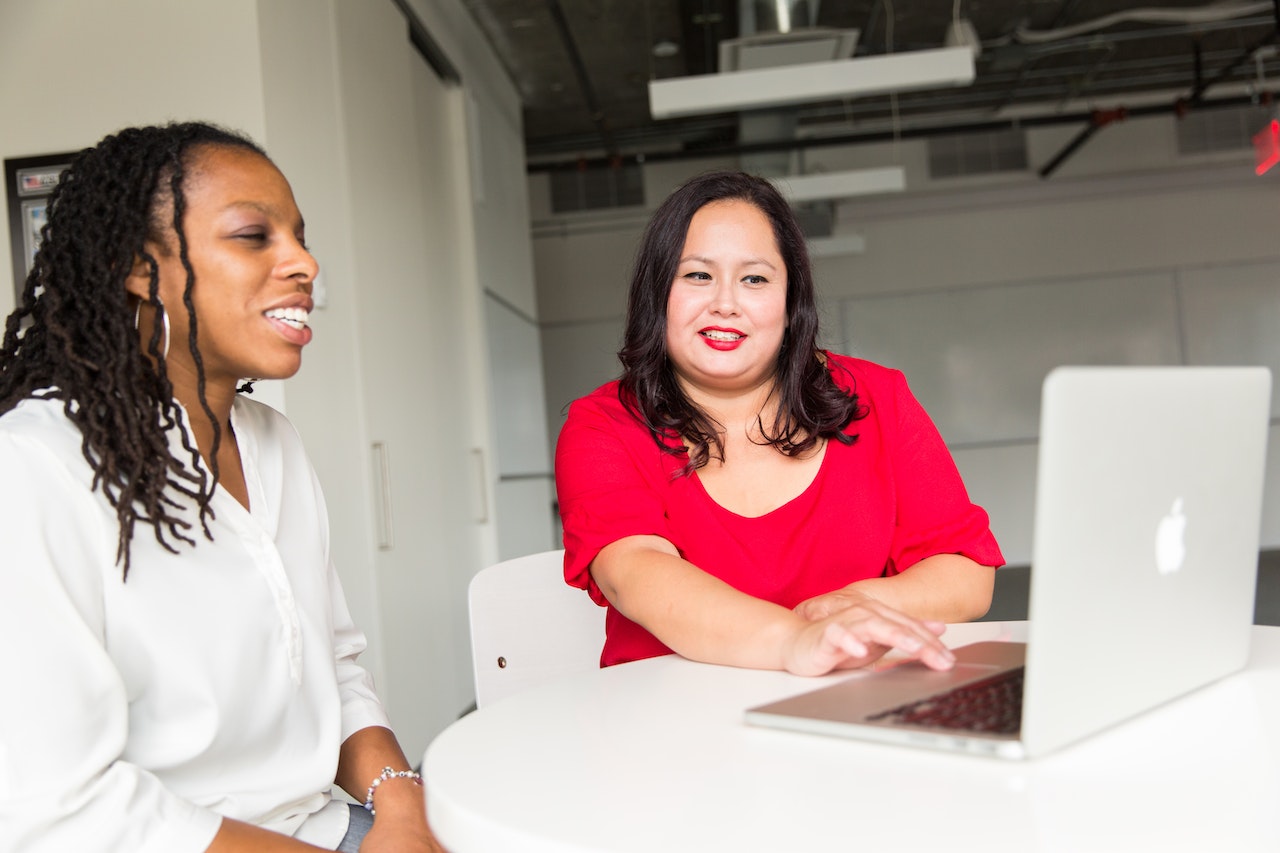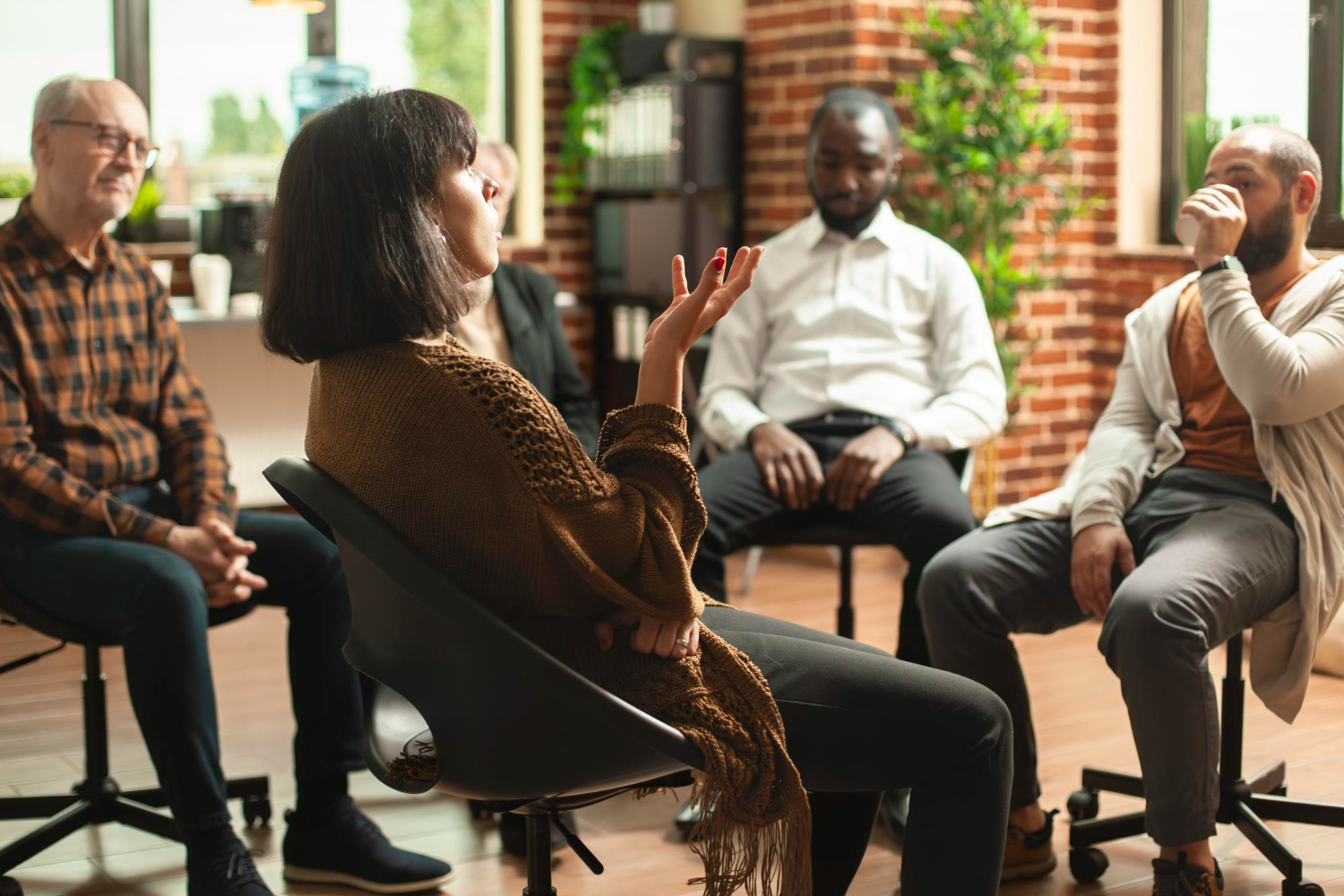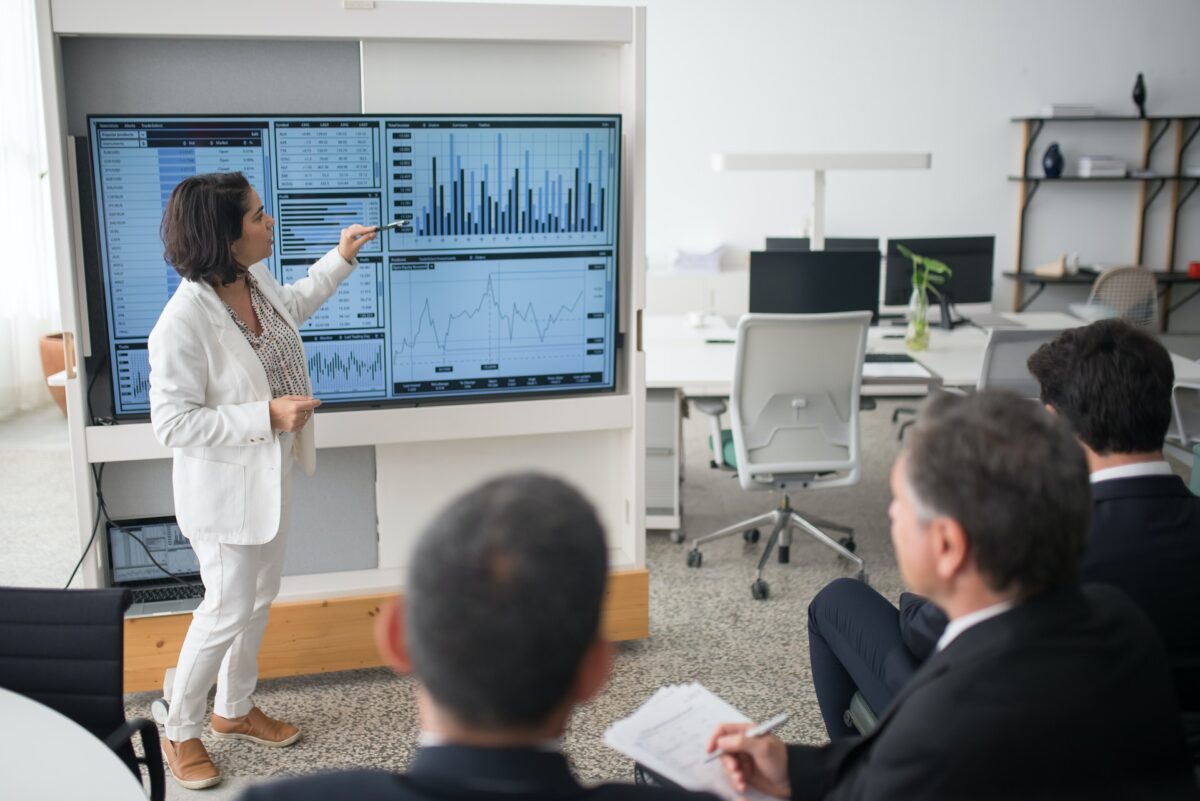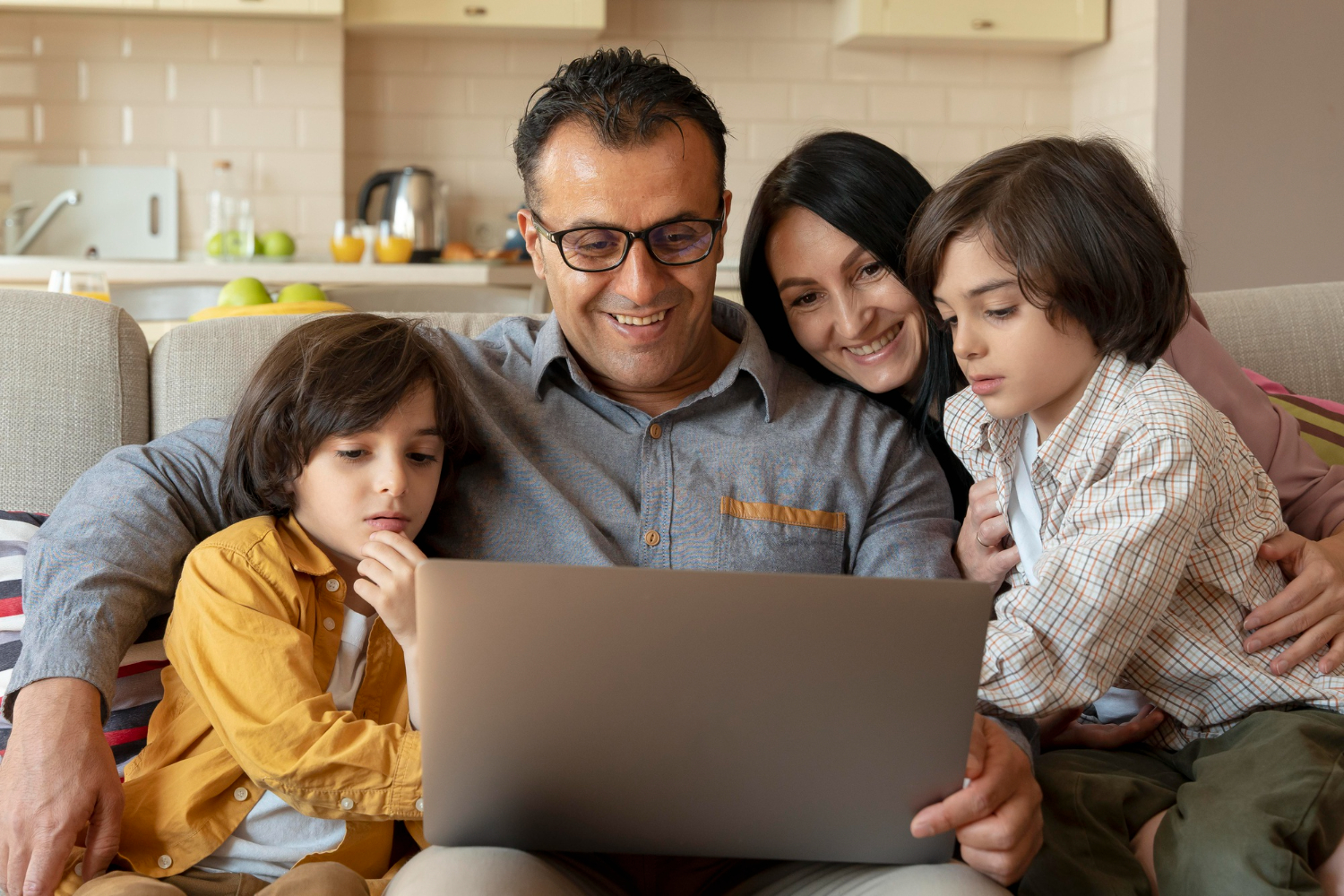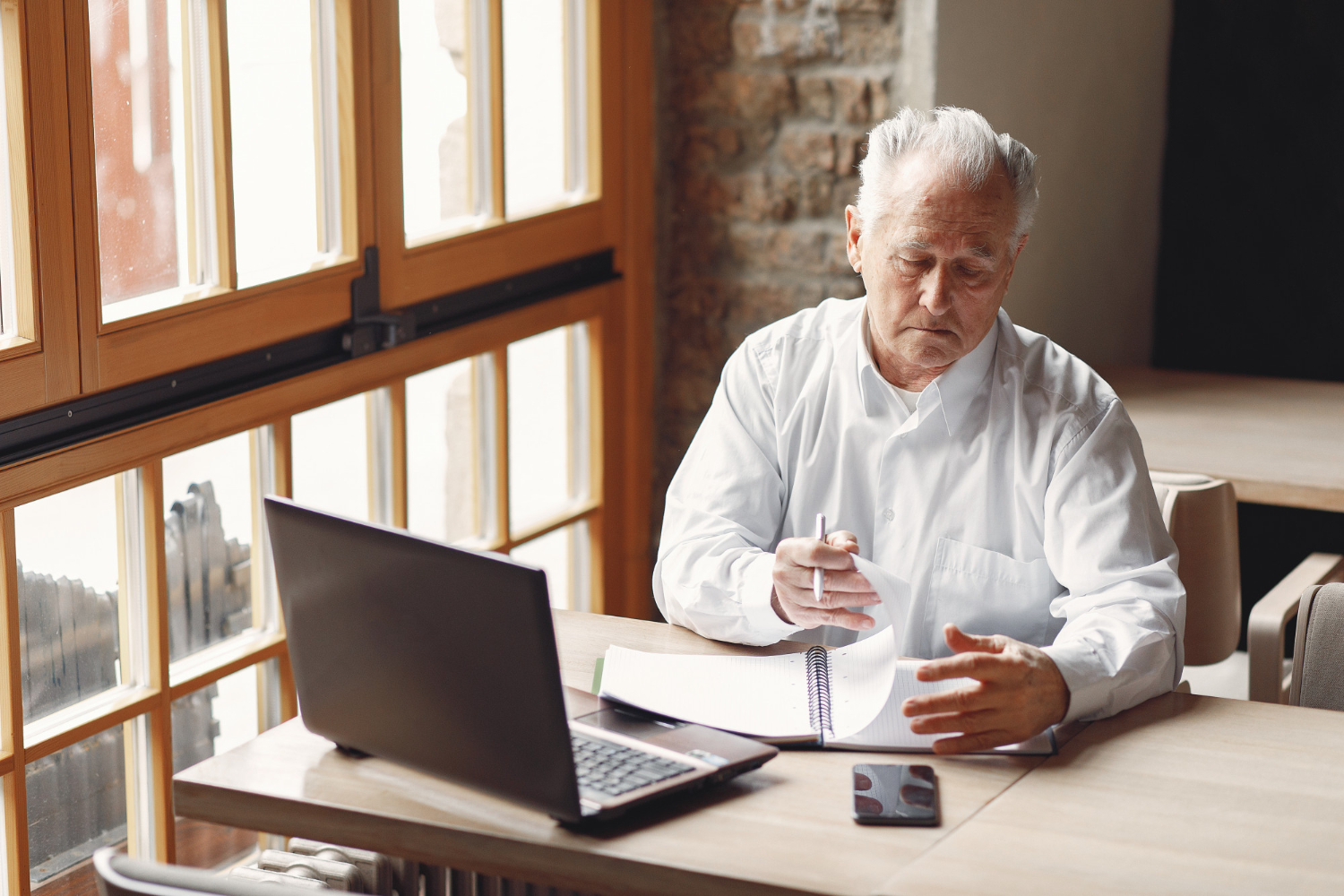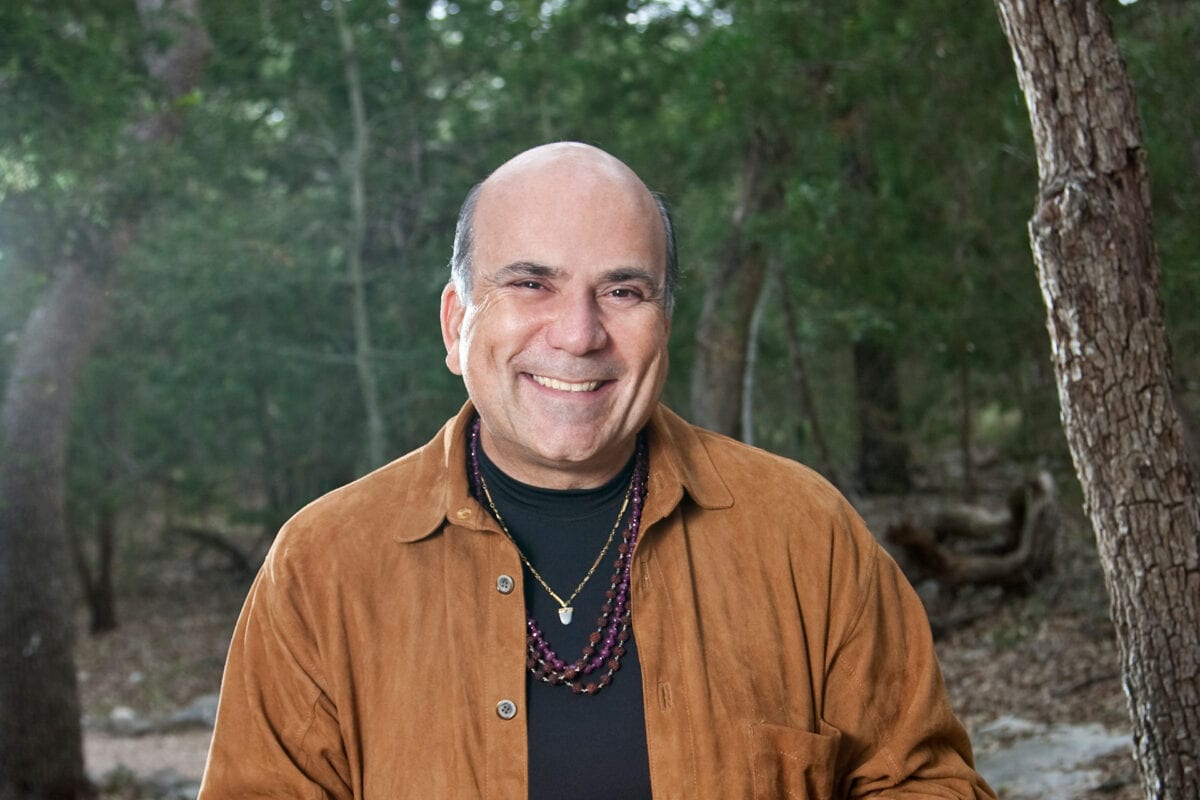As we continue to navigate a global pandemic, many of us are faced with long hours in front of computer screens or long hours on our feet (thank you, essential workers!). Feeling the stress and strain? Or maybe you’re trying to improve athletic skills and exercise more? From everyday individuals wanting to be pain-free to weekend workout warriors and professional athletes, Dr. Klachan takes it all in stride.
Learning from top therapists from around the world, plus from Olympic and national sports organizations, he’s always learning, seeking out mentorship opportunities, and refining his practice so he’s ready to solve the next problem that comes his way.
With a background in ergonomics, Dr. Christopher Klachan took time out from his busy schedule to talk The Edge about his path into chiropractic work, mentorship and movement.
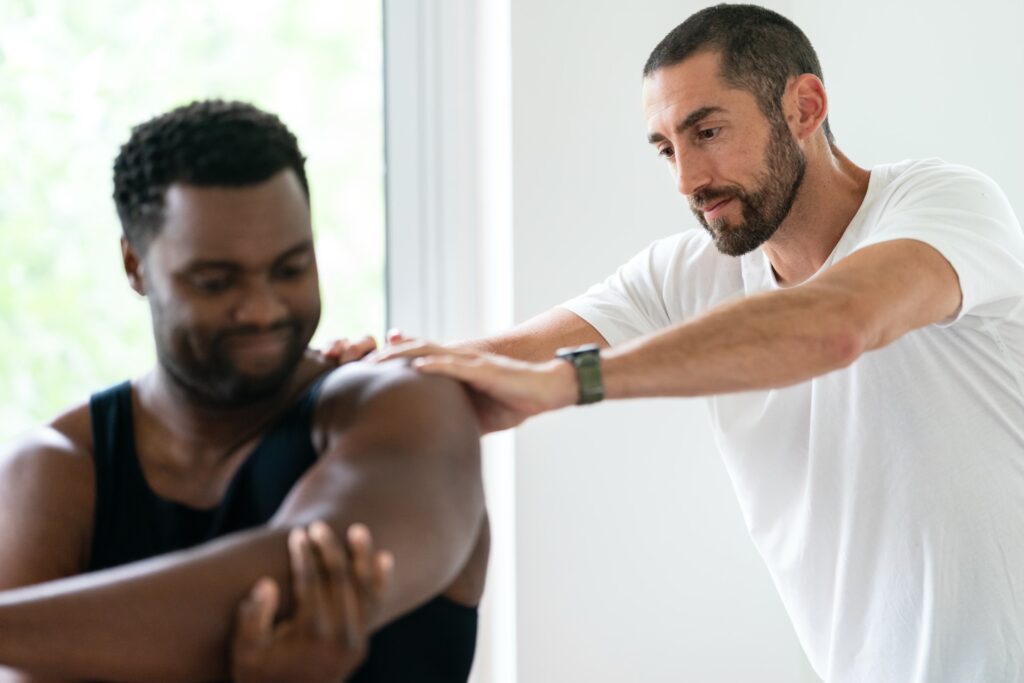
There are many different pathways within health and wellness. Can you speak a little about how you made your way into the chiropractic world?
As a teenager, my sister went to see an orthopedic surgeon and I was enamored with the consultation process. Later, I studied at the University of Waterloo and was thinking I would go into med school. After I finished my undergrad, I felt like I needed a reboot and moved to South Korea. I hurt my back and it was recommended that I see a doctor, who also performed acupuncture [and other traditional practices] with great results. Once back in Toronto, I applied to be a personal trainer. Any place I walked into, I asked if they had an osteopath or chiropractor and asked to watch them work. After chiro school, I shadowed [various mentors] and they invited me to be a part of their mentorship program, which opened up many incredible doors, both personally and professionally.
What advice can you give with regards to physical health for people who are spending long hours working from home as well as for essential workers who are on their feet all day?
Simple, but super important: sit like you’re sitting at attention where your ears are over your shoulders, over your hips. When sitting upright, whenever your elbows fall, that’s where your keyboard should be. Wherever your eyes are, that should be the top of the monitor, placed directly in front of you. You need variance such as micro breaks with some type of movement. A standing desk is good too. If you were in the office, you would have gone to the water cooler or walked down the hallway. You need to still do that, at least once an hour—every half hour would be even better. People can set a timer. During the last two minutes of the hour, they’ll stretch, stand up and walk around. Nothing greater than 90 minutes either sitting or standing [before a break]. On the activity side, I see all kinds of injuries. If you go from nothing to something big, that’s when injuries happen. So a gradual increase is how you want to proceed.
Who have been mentors to you and how have they influenced your life and work?
I cannot speak of mentorship enough. I think the most important part of my evolution has been finding mentor, and also being one for others. I sought [my mentors] out specifically—they were the Blue Jays’ chiropractors at the time, and the Maple Leafs’ chiropractors before that—and I could watch things happen that I didn’t even know were possible. I was already a practicing chiropractor and I thought, “Go find the best in the world at what you want to do and get into that room.” Some of my best teachings have been where I would do something that is someone else’s technique and they would help me refine it.
What insights or advice would you share with others who are self employed or independent contractors?
In building a practice, there’s now a plethora of social media options to build your brand. I would say, first and foremost, build your skill before you build your brand. Really own that skill because if you have a sudden influx of people and your skill is not sufficient, they’re leaving. The most important thing you can do and really work on is acquiring, refining and mastering your skills. I think you can’t put a price on experience. There’s a lot of financial things where you need to do your research and understand what you can do best there. Equally important is relationships. You have to manage relationships with everyone that walks in and that’s one of the most important things you can do.
Finding a work-life balance can be a challenge at the best of times and even more so during a global pandemic. What insights can you share that has helped you maintain that balance and preserve your physical and mental health during COVID-19?
The first couple weeks into quarantine, I was rediscovering cooking, watching masterclass and going through different course notes that I’ve taken as a practitioner. I’ve also produced more content, helping others [by putting information] online, which is something I’ve wanted to do for years. I was out on my motorcycle way more than I’ve ever been and I’ve been very fortunate to be working. It’s been a bit stressful. I sometimes I see 20 people a day, so you’re always worried about [Covid-19] exposures. Meditation and exercise has been important; I’ll hop on my Peloton or go for a run and I’ve been hiking and connecting with nature. Connections with friends was also super important, especially in peak quarantine, where I could just pick up the phone and have a two-hour call with someone who I hadn’t talked to in a year.
What do you enjoy most about what you do?
I just really love what I do. I get 20 amazing conversations every day. It’s the relationships and connections. I learn from every single person, every single day, and it’s so fascinating. I’ve learned things that no textbook, news source or social media source is going to give to you. Like a Rubik’s Cube, I love a three-dimensional puzzle. Every case presents one of these for me. Even the exact same injury is a different puzzle between person A and person B. I love the problem-solving of that space.
Stephanie Hawkins | Contributing Writer

